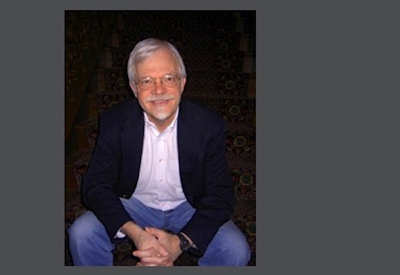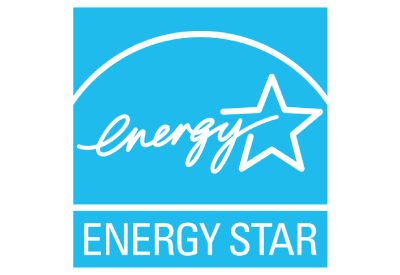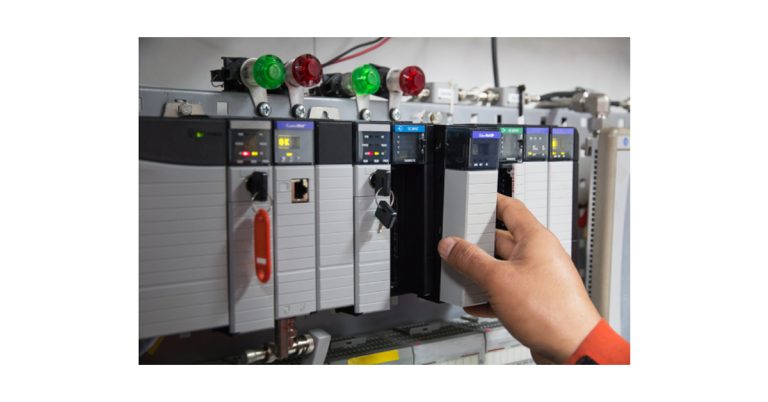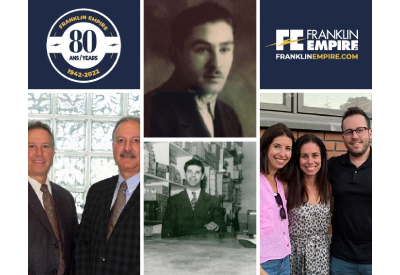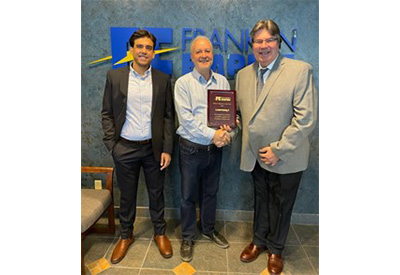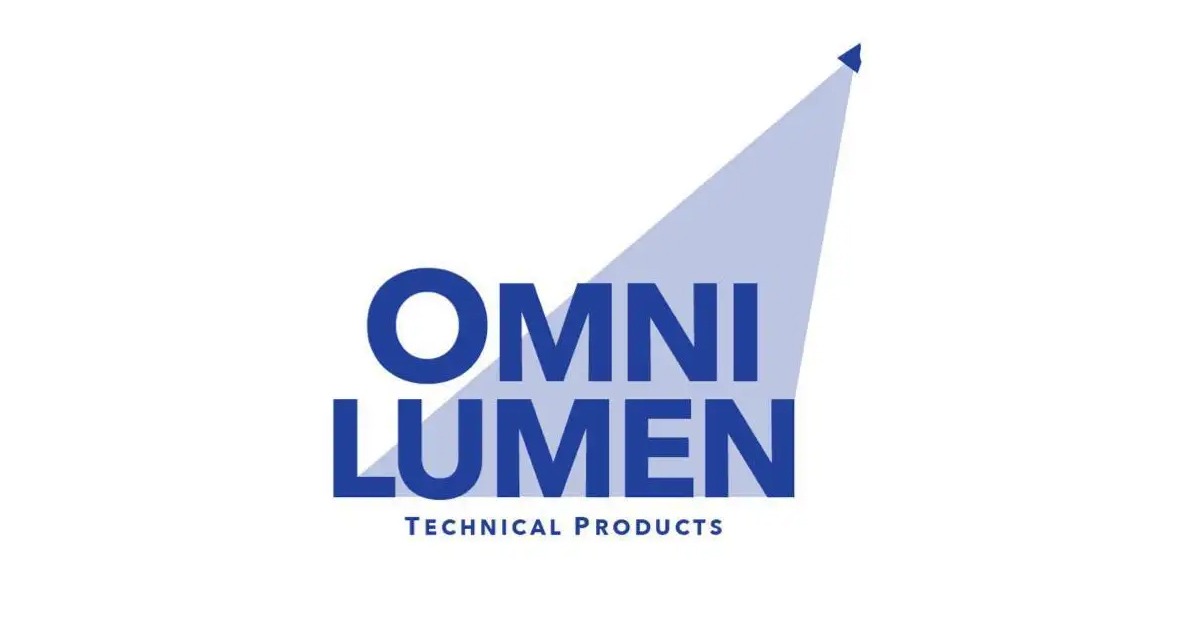5 Types of Consent: Part 3 — Implied: Existing Non-Business Relationship

Feb 13, 2019
Canada’s new anti-spam law (CASL) was passed in December 2010 and, following a Governor in Council order, it entered into force on July 1, 2014. The law helps to protect Canadians while ensuring that businesses can continue to compete in the global marketplace. Parts 1 and 2 explored express consent and implied consent: existing business relationship. Here in Part 3: Implied consent: existing non-business relationship.
Implied consent — existing business relationships include customers and interested prospects. The CRTC states it this way: “The recipient has made, or inquired about, a purchase or lease of goods, services, land or interest in land, a written contract or the acceptance of a business, investment or gaming opportunity from you. Keep records of how you obtained implied or express consent, since in both cases you have the onus to prove consent.” This has a 2-year time limit, meaning the individual must purchase again, request a quote or a demo within that 2-year period, in which case the 2-year clock rests to that date.
Many charities and not-for-profit organizations believe they are exempt from CASL, but they too must follow the rules when sending electronic messages. The rules are slightly different as they are not always engaged in commercial activities, but the standards of proof and conditions of consent are clearly stated in the article below.
This is for registered charities, political party or candidates and the individual has provided a gift, donation or has volunteered in the past 2 years. This form of consent also applies to members of clubs, associations or voluntary organizations. The 2-year time limit applies as does the proof of consent.
Definition of existing non-business relationship
(13) In subsection (9), existing non-business relationship means a non-business relationship between the person to whom the message is sent and any of the other persons referred to in that subsection — that is, any person who sent or caused or permitted to be sent the message — arising from
(a) a donation or gift made by the person to whom the message is sent to any of those other persons within the two-year period immediately before the day on which the message was sent, where that other person is a registered charity as defined in subsection 248(1) of the Income Tax Act, a political party or organization, or a person who is a candidate — as defined in an Act of Parliament or of the legislature of a province — for publicly elected office;
(b) volunteer work performed by the person to whom the message is sent for any of those other persons, or attendance at a meeting organized by that other person, within the two-year period immediately before the day on which the message was sent, where that other person is a registered charity as defined in subsection 248(1) of the Income Tax Act, a political party or organization or a person who is a candidate — as defined in an Act of Parliament or of the legislature of a province — for publicly elected office; or
(c) membership, as defined in the regulations, by the person to whom the message is sent, in any of those other persons, within the two-year period immediately before the day on which the message was sent, where that other person is a club, association or voluntary organization, as defined in the regulations.
Marginal note: Clarification
(14) Where a period is specified in subsection (10) or (13) in relation to the purchase or lease of a product, goods, a service, land or an interest or right in land, or in relation to a donation, gift or membership,
(a) in the case of a purchase, lease, donation or gift, if it involves an ongoing use or ongoing purchase under a subscription, account, loan or similar relationship, the period is considered to begin on the day that the subscription, account, loan or other relationship terminates; and
(b) in the case of a membership, the period is considered to begin on the day that the membership terminates.

